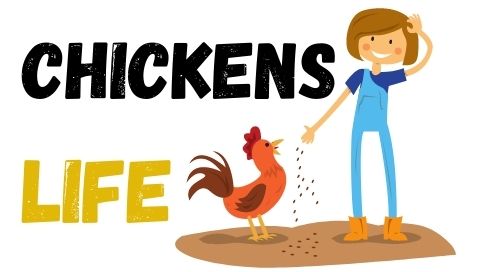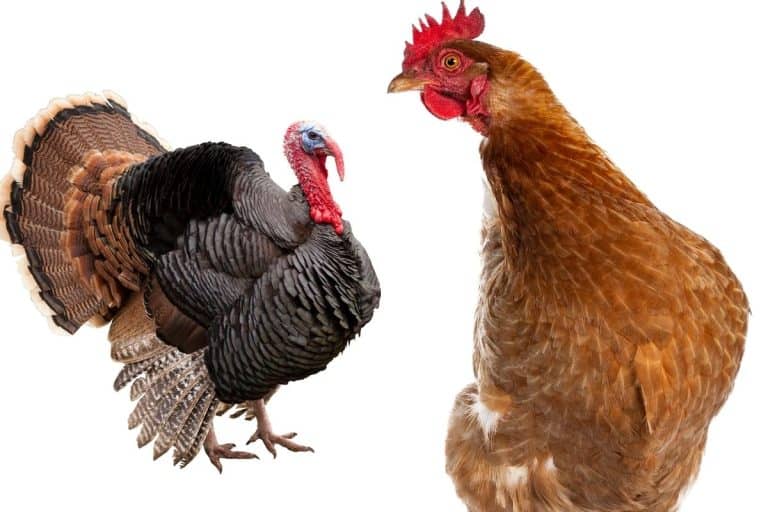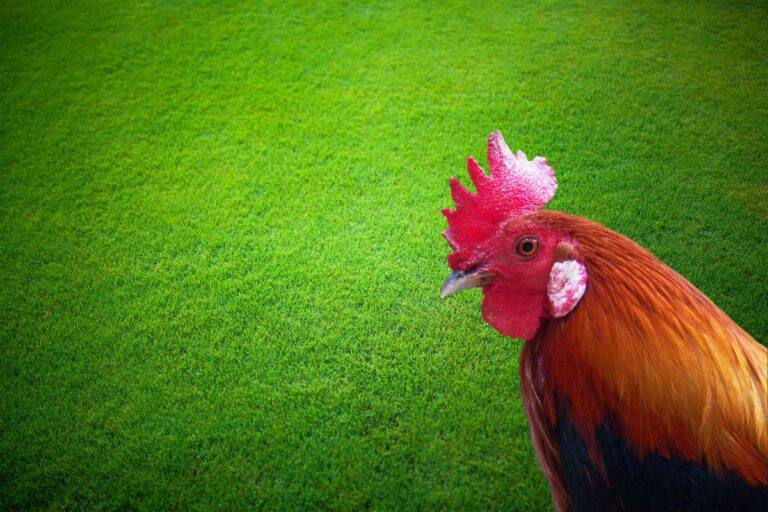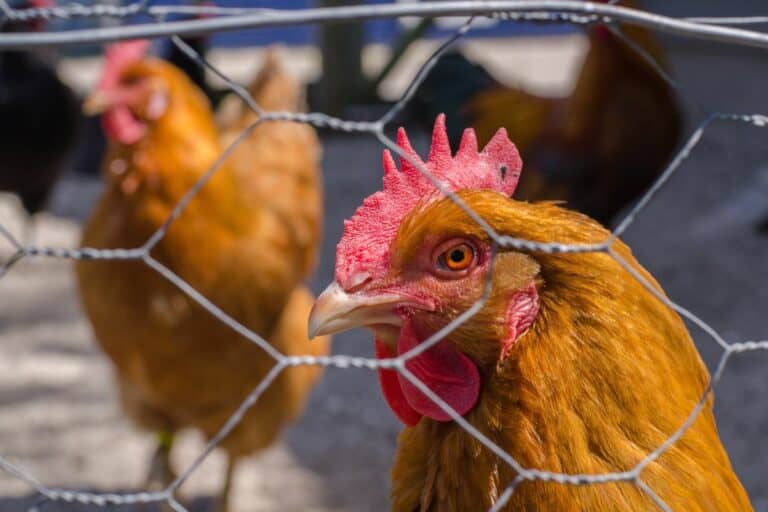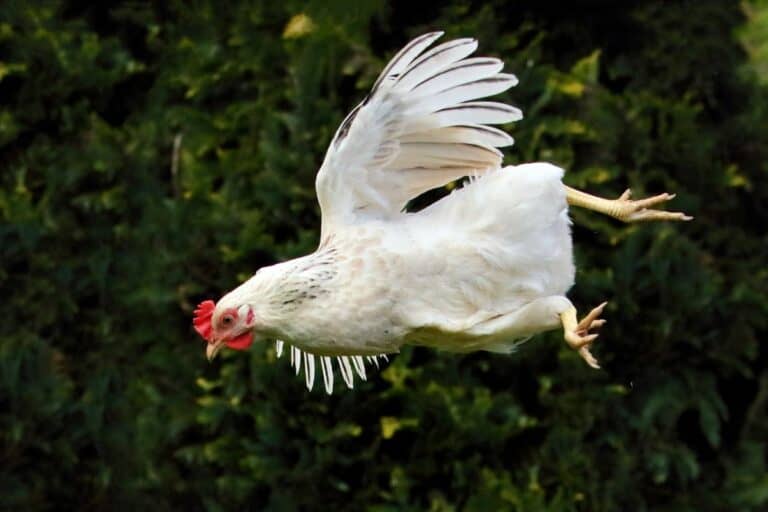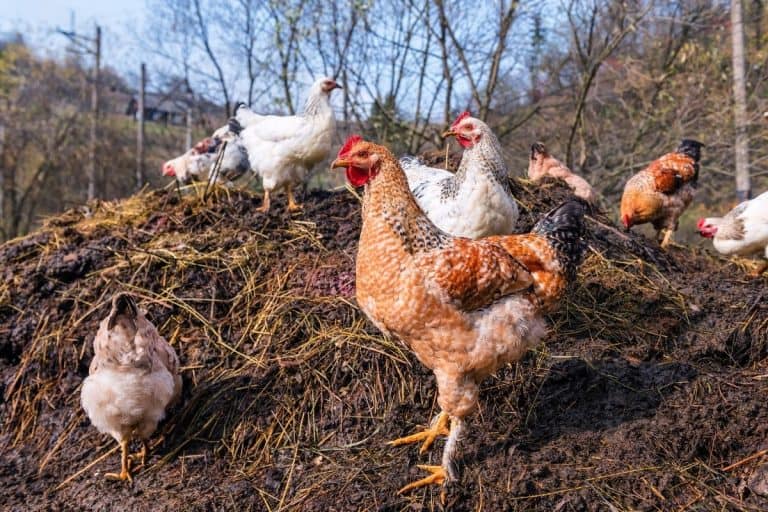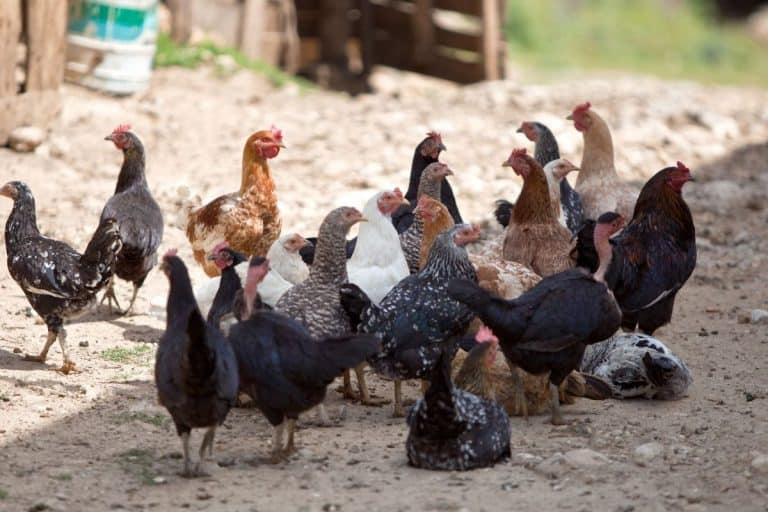What To Do With An Old Hen Who Has Stopped Laying Eggs
Raising chickens does eventually come with deciding what to do with a hen who has stopped laying eggs. There are several options, and your choice may depend on your situation. Farmers are not always as inclined to keep non-laying hens around. But those of us that just have hens for fun and egg production may prefer a kinder and more pet-like approach to dealing with our off-laying ladies.
There are several ways to handle non-laying hens, like retiring them to yard duty, using them for meat, keeping them as pets or sending them to a farm or petting zoo.
Just because a hen has stopped laying eggs doesn’t mean that she has reached the end of her life and use. There are ways to still put your older and non-laying hens to work. This article will go over several different options for what to do with our feathered mommas when they have reached the end of their egg-laying days.
But before you dive into this topic, did you know I've got a page packed with my go-to chicken stuff? From the best feed to handy tools, it's all there. Don't you want the best for your flock? Check it out right here.
What Do I Do With An Old Laying Hen?
Old laying hens can be retired to tending the yard and eggs, butchered for meat or kept as pets. There are a few other options as well, like humanely killing the bird and disposing of its body, or sending it to a place like a petting zoo or farm.
Don’t think that just because your hens are getting a little older and producing fewer eggs that you should start thinking about what to do with them. At least not just yet.
Wait, I have some recommendations for you!
Before you go any further, I want you to take a look at some of the recommendations I've handpicked for you. I think these are essential items you should have for your chickens flock. You can check them out and buy them directly from Amazon.
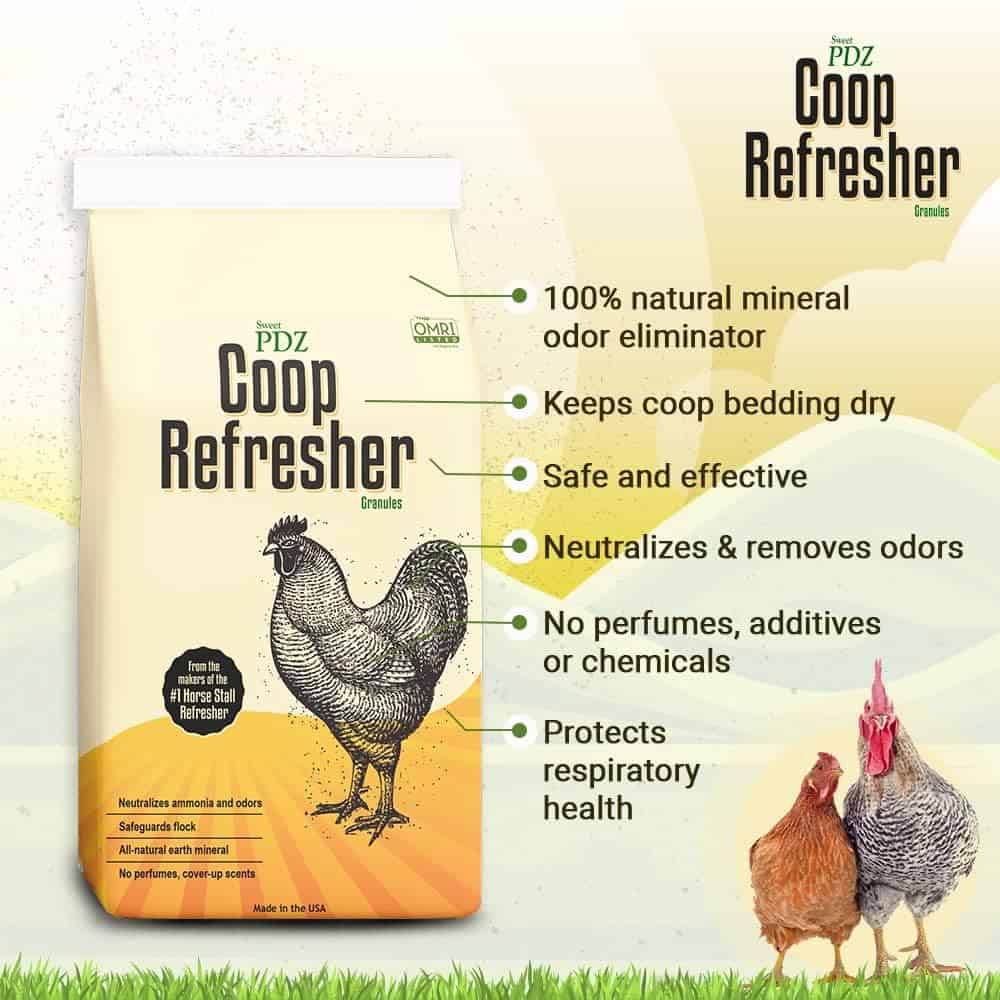 | 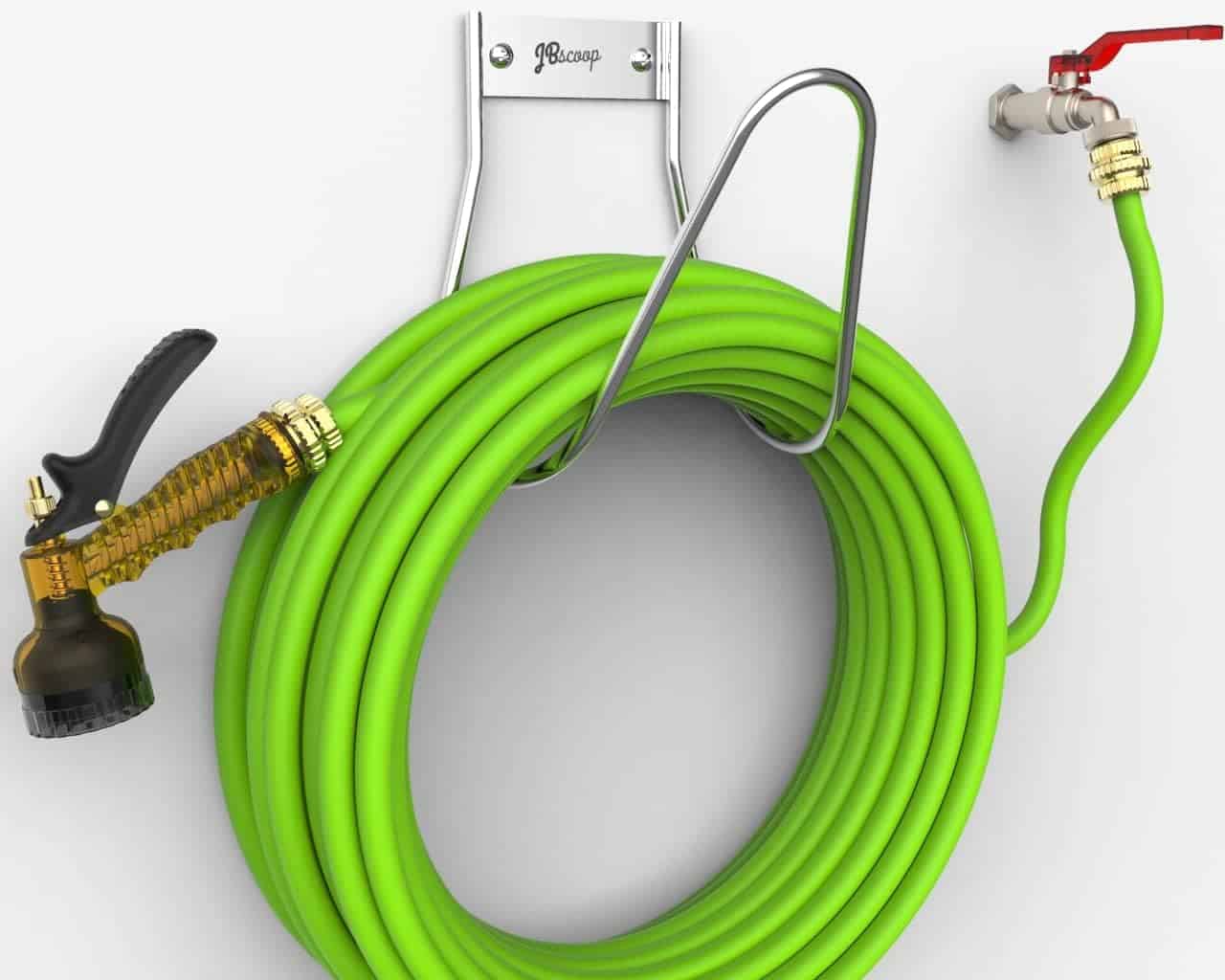 | 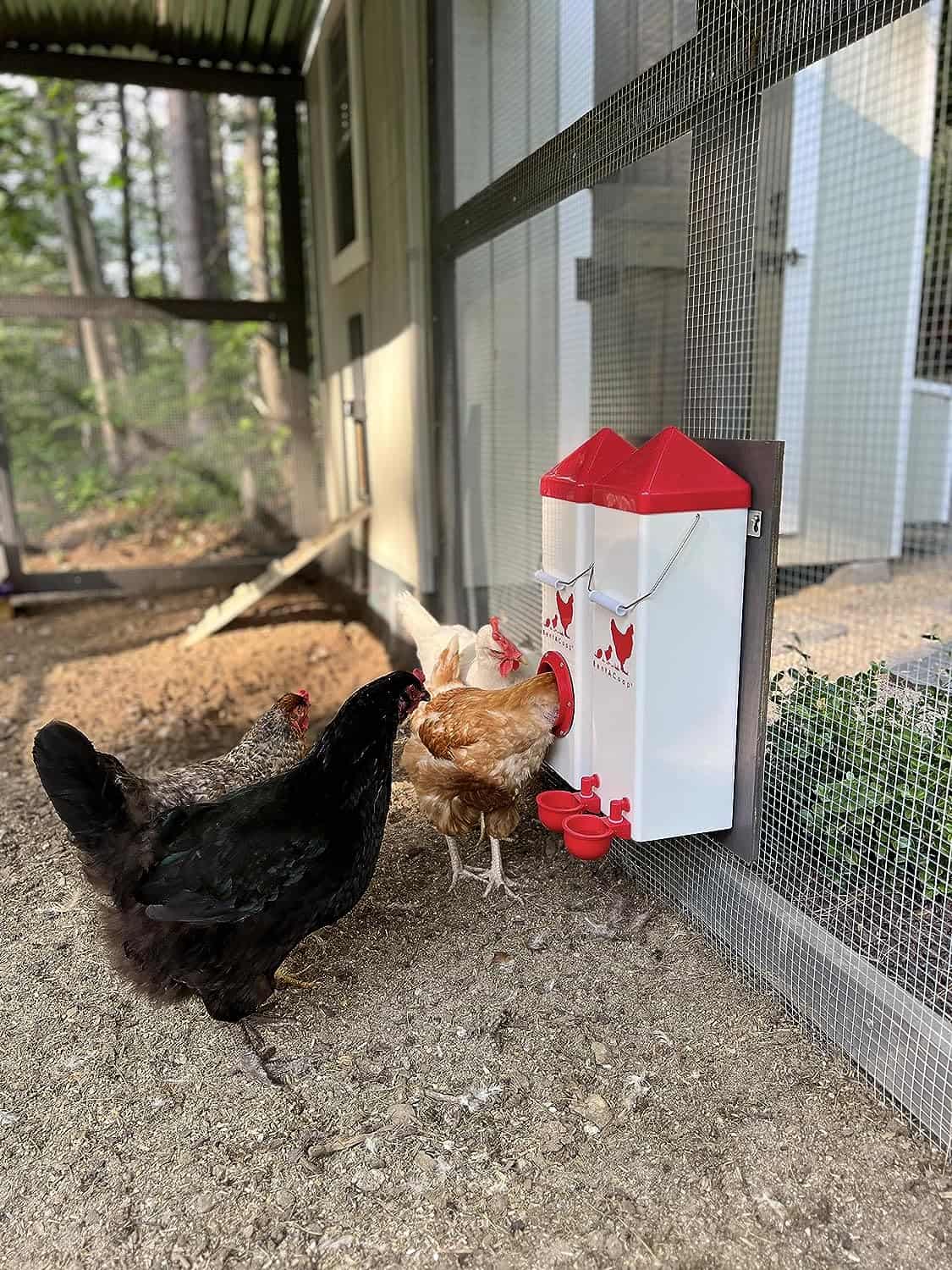 | 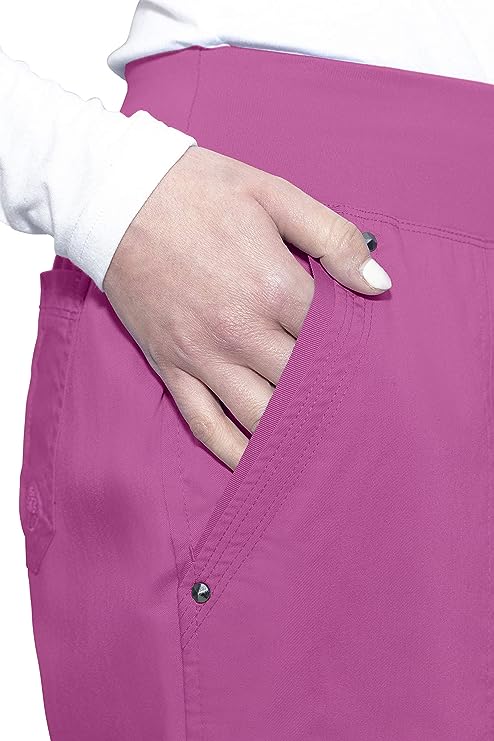 |
| Essential accessory for your coop | No more tripping over hoses! | Predator protection made easy | Comfort + style is possible |
How Long Do Chickens Live For And How Long Will They Lay Eggs?
The average hen will usually start laying eggs around 18 to 20 weeks of age, sometimes older depending on the breed of chicken. They should produce eggs regularly until they are around 3 years old, you can expect their laying numbers to drop after that.
A chicken’s lifespan depends on the way that they are typically cared for and raised, but the average hen will live for around 7, give or take a few years. If the bird lived a more sheltered life in a backyard or indoor environment, they can live to be 8 to 12 years old.
How Long Do Hens Lay Eggs?
Many of these feathered ladies have plenty of good qualities and uses after they have stopped laying consistently or completely. You should get at least a good 3 to 5 years of egg-laying out of each hen.
More details: Why Do Chickens Lay Eggs Every Day?
Many older hens will also produce larger eggs, but in a shorter frequency than the younger chickens. When it comes to commercial chickens, larger and less frequent eggs are not ideal, but in a backyard situation, we don’t really care too much about the size of the egg.
Winter Months And Shorter Days
There are reasons why egg production declines during the colder months and times of the year when there are fewer daylight hours. It doesn’t mean that they are at the end of their rope, just have patience, they will most likely return to laying their normal number of eggs once there is more sunlight.
You can help this by providing supplemental lights in the chicken coop as well (you can use a safe solar bulb, like this one on Amazon).
6 Ways To Handle Non-Laying Hens
#1 Retire Your Hen To Yard And Egg Duty
Your hen still has plenty of practical uses even after she stops laying eggs. Many of our older ladies are excellent bug catchers and are super useful when it comes to keeping pests off your property. They are typically great at keeping watch over the flock and alerting the others to predators as well.

Retired hens also will do plenty of momma chicken duties such as sitting on eggs while the younger ones scratch around and eat. They help control and keep down the weeds in your garden and flower beds. Plus they contribute nitrogen-rich manure to aid in composting and fertilization of your plants.
When you have older and retired chickens in your flock, you do have to keep an eye on them. Sometimes the younger ladies will choose to bully them to establish new pecking orders, which can cause harm to some of the older birds. You may have to keep them separated if you continue to have an issue with the younger chickens picking on them.
#2 Keep Them As A Pet!
Contrary to what many people would expect, chickens actually make pretty good pets. They are lovable and entertaining, plus there are plenty of chicken diapers that you can find for a good price online if you are worried about them messing around your house. Even if you choose that you would prefer them to stay outside, they still can be pets that way as well.
Chickens bond easily with other animals and are very sociable creatures. As long as you have a set up for them to roost and sleep then you should be set up to have your chicken as an indoor house pet.
#3 Pass Them On To Family, Friends Or Others
If keeping a non-laying hen is too financially straining on you, then you can always reach out to online resources, family and friends. Sometimes you will find someone who has the room to keep a few extra off-laying hens. Thankfully, it isn’t always necessary to do something drastic or difficult just because your chook has stopped producing eggs.
Some people who are avid gardeners genuinely don’t care if they can lay eggs or not, they just want them to keep down the bug population on their property. Plus, they see value in the compost they can get from chicken feces as well.
#4 Butcher Them For Meat
The idea of slaughtering and preparing a chicken for food is absolutely impossible for some. They could never take an animal’s life, even if it was for a practical reason. Don’t worry, that is completely fine! As someone who loves their chooks, I also couldn’t imagine killing one either. So, I won’t judge you if you choose not to use this as a method of handling non-laying hens.
However, there are plenty of farmers and backyard chicken raisers that don’t see a problem with butchering one of their own hens for dinner when they stop laying eggs. I will say that I do know some people who will do this, but they take them to a butcher to do the dirty work.
The thing about using an older hen for meat is that they don’t make very tender birds. It’s not the same as purchasing a whole chicken at the store and eating that, you will notice a large difference in the flavor and texture of the meat. You can certainly butcher and cook a bird right after, but they will certainly be tough and not as good as a broiler you got from your local grocery.
To curb the tougher and chewier meat you can use it in a stew or soup, or you can put the bird in a brine for 24 hours to let the meat rest and become more tender that way.
#5 Humanely Euthanizing And Disposing Of The Chicken
This is again, not for the weak of heart. This reason is one of the biggest that holds people back when they are considering raising a flock of chickens. They worry about what they would do if they ever had to put one down. How would they do it? Could they bring themselves to do it? Do you take them to the vet or do it yourself?
Many people raising chickens will probably do this on their own, but there are certainly those that could not bring themselves to humanely euthanize an animal themselves.
Wringing the neck and or decapitation tend to be the go-to methods of humanely euthanizing a chicken when on a farm. These should be quick and relatively painless to your birds. However, you may not feel great afterward. If you are not comfortable performing these methods at home, then do not hesitate to call your veterinarian for help.
#6 Giving To A Farm Or Petting Zoo
There are plenty of places that will accept non-laying hens, such as larger farms that have room for the extra birds, and petting zoos. These are excellent resources for you and your hens once they have reached the end of their egg-laying journey.

Most of the time with farms, they are used for work and pest control. Even just being a good brooder is another way to give the chickens a job. While petting zoo facilities offer a wonderful place for your happy hens to live the rest of their lives, pecking and scratching to their heart’s content. Some are even fed by kids and get to chase them around as they run away with the feed bag!
Non-laying Hens Still Have Their Uses
Chickens will only lay eggs consistently for about the first 4 years of life, and they can live on average until around 8 years. So that means that there may be several years where you have hens that won’t produce eggs anymore. Don’t think that they have reached the end of their usefulness yet, hens have plenty of good qualities about them even after they no longer lay their delicious and protein-packed eggs.
Non-laying hens will still thrive and do plenty of work if you give them a job at keeping away bugs and alerting the others to predators. Or you can choose to take them to a farm or petting zoo where they can live the remainder of their lives chasing kids and scratching at the dirt.

